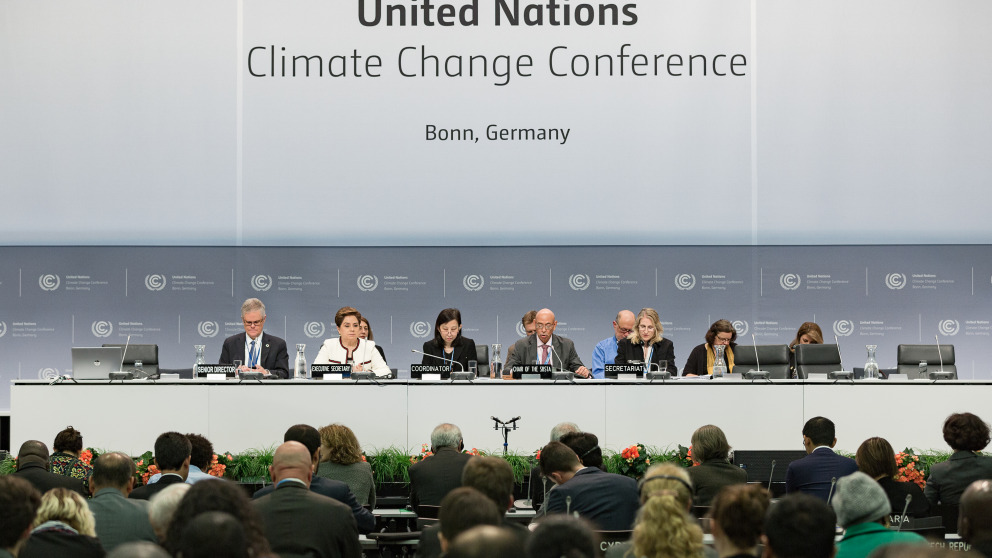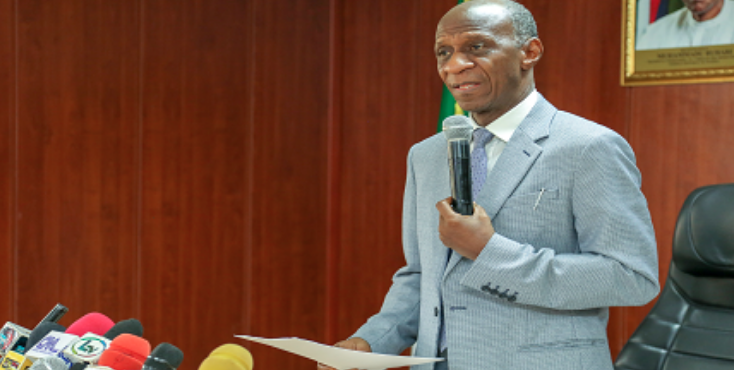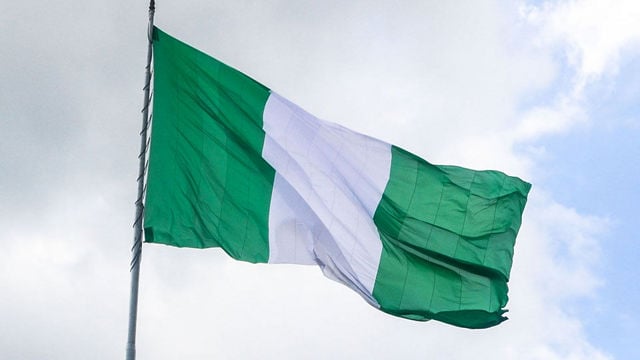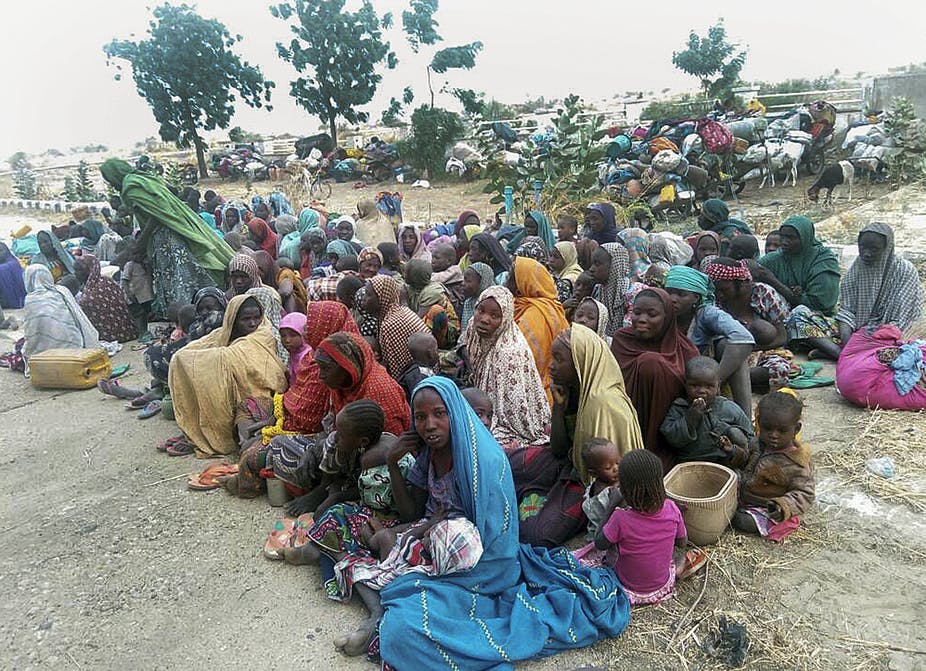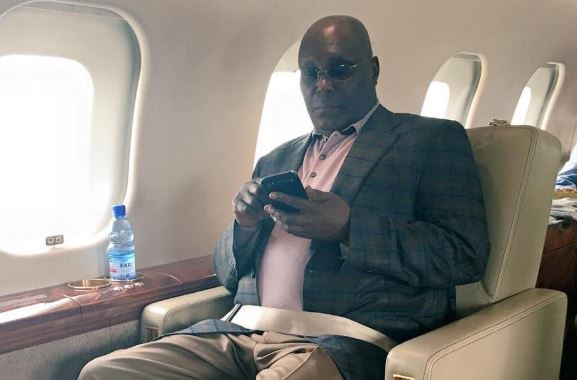BY PHILIP JAKPOR, TONTIE NINADO & MILLLION BELAY
You would not invite the arsonist who set fire to your house to put it out especially if their solution was adding more kerosene. So why are fossil fuel corporations (the same ones that for decades have derailed progress on climate) pouring such “kerosene” on our planet in the form of dangerous market mechanisms and “climate smart agriculture” within the global UN climate talks?
Next week government delegates across Africa will join others around the world that are gathering in Germany to chart next steps to further ensure the successful implementation of the Paris Agreement. We urge these delegates to heed the call from more than 50 African civil society groups recently made at Climate Week in Accra: to end the corporate capture that is advocating for false solutions like “climate-smart agriculture,” carbon markets, geo-engineering and driving out the solutions that communities are demanding such as agro-ecology systems as nature-based solutions, and non-market solutions.
Climate policymaking has long been overrun by corporate interests. This point was made clear in a recent investigation into the industry backed Global Climate Coalition (which included as its members – Chevron, Exxon, Shell and the US Chamber of Commerce) – revealing it played an underhanded role in undermining the process behind the UN climate assessment for years using lobbyists and industry-funded scientists.
The stakes are high and getting higher. In addition to ensuring industrial agriculture schemes like “climate-smart agriculture” are soundly rejected, countries must adopt guidelines for the implementation of Article 6 that reject market mechanisms and center real solutions while implementing the Paris Agreement. Sadly, like the rest of the Paris Agreement, the opportunity to center real solutions in Article 6 finds itself under threat from the same profiteering, green-washing forces. While the upcoming intersessional talks at Germany rarely make international headlines, its outcomes hold immense relevance for the people of our countries – and across the African continent. A global climate response that is centered on carbon markets and so-called “climate smart agriculture” is inconsistent with climate justice. Time and again it is Indigenous peoples, small-scale farmers, forest peoples, youth, communities of color and women who are most impacted by the profiteering schemes corporations push.
Advertisement
The call from African civil society to our delegates is clear: We are demanding climate justice! And we are united in demanding real solutions including support for agroecological practices that are sustainable, providing long-term climate finance solutions, and keeping fossil fuels in the ground. Appropriate climate finance should be provided for the most vulnerable peoples.
The influence of big polluting industry is so pervasive that last December at the 24th Conference of the Parties (COP24), a Royal Dutch Shell executive boasted about how effectively the corporation influenced the Paris Agreement. At the same meeting, due in part to this obstruction, countries failed to adopt comprehensive guidelines for implementing Article 6 of the Paris Agreement. In many cases, the rules that were adopted – like on the issue of climate finance – were a complete insult to the people and communities that have long been on the frontlines of climate change. Perversely, these are the people and communities that historically have contributed the least to driving the crisis.
The time is now for government delegates across the African region to stand united and heed the call of those they represent in demanding real solutions to address the climate crisis. This June they must make clear where they stand: with the peoples of Africa or the corporate profiteers that look at our continent and only have dollar signs in their eyes?
Advertisement
Jakpor is of Environmental Rights Action/Friends of the Earth Nigeria; Ninado, Action Aid, Ghana and Belay, Alliance for Food Sovereignty in Africa
Views expressed by contributors are strictly personal and not of TheCable.
Add a comment
